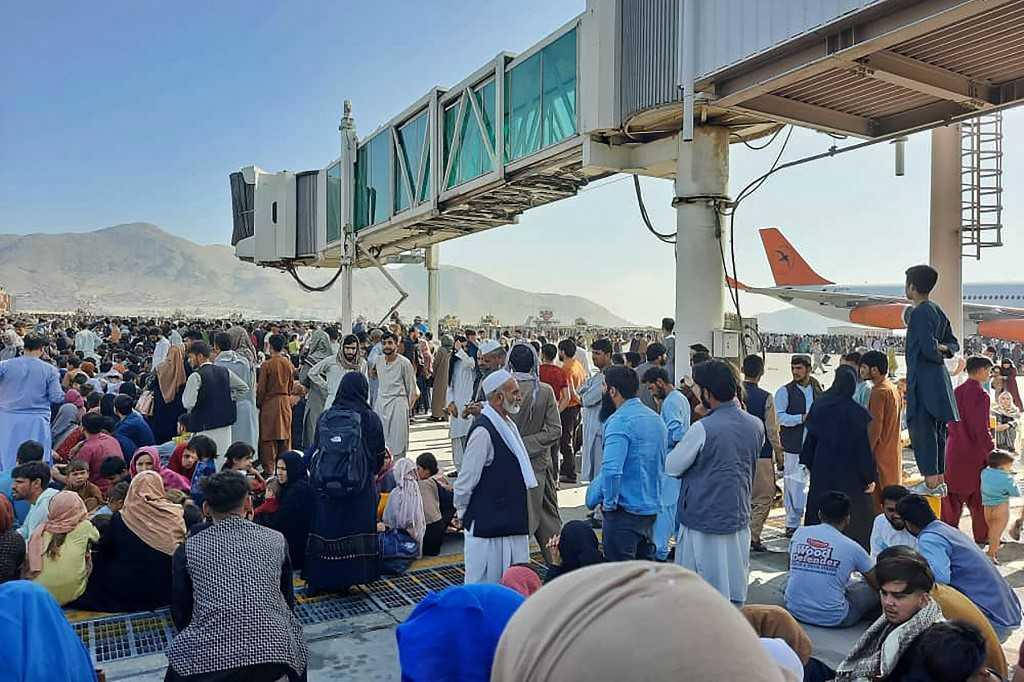US denies role in Taliban killing of IS plotter
US officials reported the killing late Tuesday, saying the plotter was from Islamic State-Khorasan, the Afghan arm of the jihadist group.
Just In
The US had no role in the Taliban's killing of the mastermind of the Islamic State suicide bomb attack at Kabul airport during the US pullout in 2021, the White House said Wednesday.
US officials reported the killing late Tuesday, saying the plotter was from Islamic State-Khorasan, the Afghan arm of the jihadist group.
Officials said he was killed in a "Taliban operation," without giving his name, the date of the operation or other details.
The IS bomber detonated a device among packed crowds at the airport's perimeter as they tried to flee Afghanistan on Aug 26, 2021.
The blast killed some 170 Afghans and 13 US troops who were securing the airport for the traumatic exit.
White House national security spokesman John Kirby said Wednesday US officials were confident of the mastermind's identity and death, but would not explain how they knew or provide details.
"We didn't have anything to do with this," Kirby told reporters, denying that Washington had supplied any information or other assistance, directly or indirectly, to the Taliban to undertake the operation.
"There's no question that having this guy no longer able to plot and plan and conduct attacks is a good thing," he added.
Taliban officials have not commented on the operation.
The US has had scant direct communication with the Taliban since they seized power in Kabul in 2021 and has no diplomatic presence on the ground in Afghanistan.
Kirby said the information on the killing demonstrated the effectiveness of the US "over-the-horizon" strategy to pursue Islamic State and Al-Qaeda operatives in Afghanistan since the US departure.
"We really have worked hard since the withdrawal from Afghanistan to sharpen over-the-horizon capabilities," he said.
On July 31, 2022, US forces fired a rocket from outside the country that killed Al-Qaeda leader Ayman al-Zawahiri in an apartment in Kabul.
The over-the-horizon approach means not only striking from outside the country, but "being able to see things, to know things, to monitor things," Kirby said.
"We have proven, I think, that though more difficult in some places, if you don't have boots on the ground, it's not impossible," he said.
"You don't need to remain in a particular field of battle to be able to go after the terrorists," he said.
Subscribe to our newsletter
To be updated with all the latest news and analyses daily.
